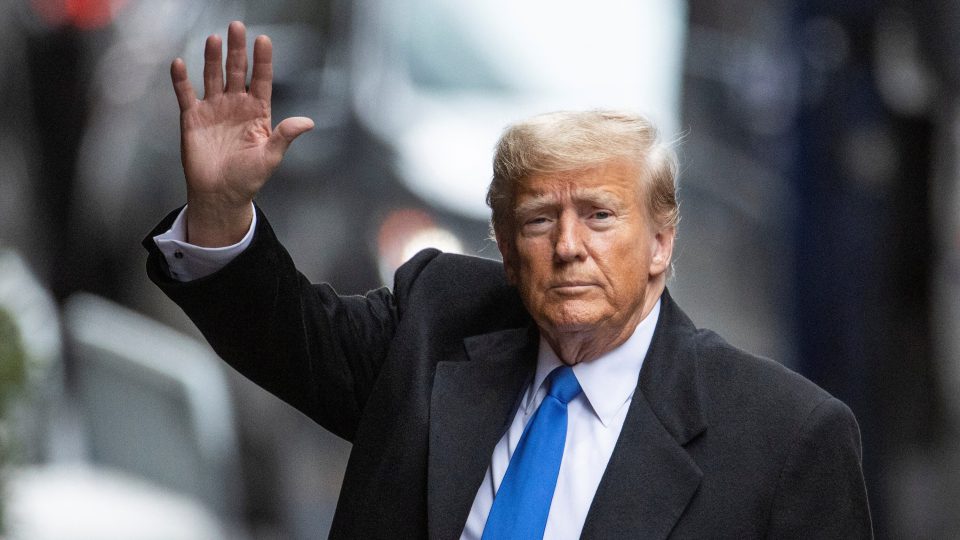Donald Trump Proposes US Takeover of Gaza, Sparks Global Outrage
Former US President Donald Trump has once again stirred global controversy with his latest remarks on the Gaza Strip. During a joint news conference with Israeli Prime Minister Benjamin Netanyahu on February 4, Trump proposed that the United States should “take over” Gaza, rebuild it, and turn it into a prime real estate hub for people from around the world. His statements, which suggest displacing Palestinians and restructuring the region under American control, have drawn sharp reactions from international leaders, human rights groups, and political analysts.
Trump’s vision for Gaza includes removing all unexploded bombs, leveling the war-torn area, and establishing a thriving economic center that he claims would create “unlimited numbers of jobs and housing for the people.” He also emphasized that Palestinians might not want to return, stating that they “only end up dying there.” His suggestion to bring in “world people” as new residents of Gaza has only added fuel to the fire, with critics labeling the idea as imperialistic and dismissing it as another of Trump’s unrealistic geopolitical proposals.
Trump’s remarks have sparked widespread condemnation, particularly among human rights organizations and leaders of the Middle East. The UN has reiterated that “international law prohibits any form of forced displacement,” raising concerns that Trump’s idea aligns with historical patterns of land appropriation rather than humanitarian aid. Many see his proposal as reminiscent of colonial-era interventions, where Western powers redrew borders and displaced populations to serve their strategic interests. Trump’s past suggestions—such as buying Greenland, annexing Canada, and renaming the Gulf of Mexico—have been dismissed as impractical, but the latest remarks on Gaza hold deeper historical and political implications.
Experts believe that Trump’s strategy might be a negotiating tactic designed to shift discussions on Palestine and Israel further toward his agenda. Analysts argue that by taking an extreme position, Trump aims to reshape the terms of any future discussions on Palestinian governance. Some also view this as a bid to strengthen his appeal among pro-Israel voters and political allies. However, key US allies, including the European Union and several Arab nations, have distanced themselves from Trump’s stance, reaffirming their support for a two-state solution.
For Palestinians, this proposal revives painful memories of the Nakba—the “catastrophe” of 1948—when hundreds of thousands of Palestinians were displaced following the creation of Israel. The forced removal of people from their homeland remains a deeply sensitive issue, and Trump’s statements echo historical events where major powers determined the fate of Palestine without its people’s consent. The Balfour Declaration of 1917, where Britain promised a Jewish homeland in Palestine, set the stage for decades of conflict, and many see Trump’s latest remarks as a continuation of Western intervention in Palestinian affairs.
Trump’s Gaza proposal, while unlikely to materialize, has reignited global discussions on sovereignty, human rights, and the ongoing Israeli-Palestinian conflict. With international leaders rejecting his idea and Palestinians deeply concerned about its implications, his remarks have once again placed US foreign policy under scrutiny.

